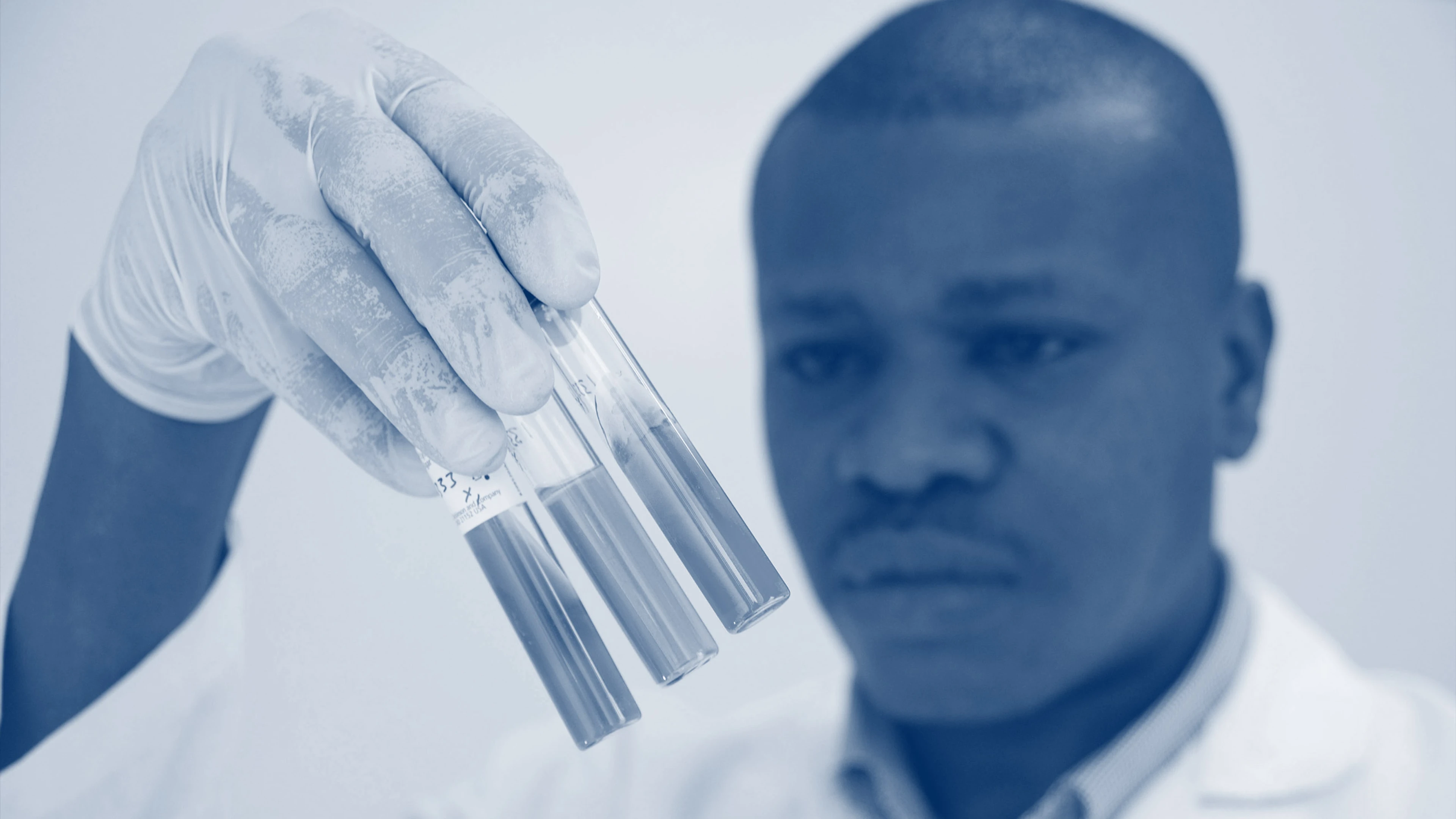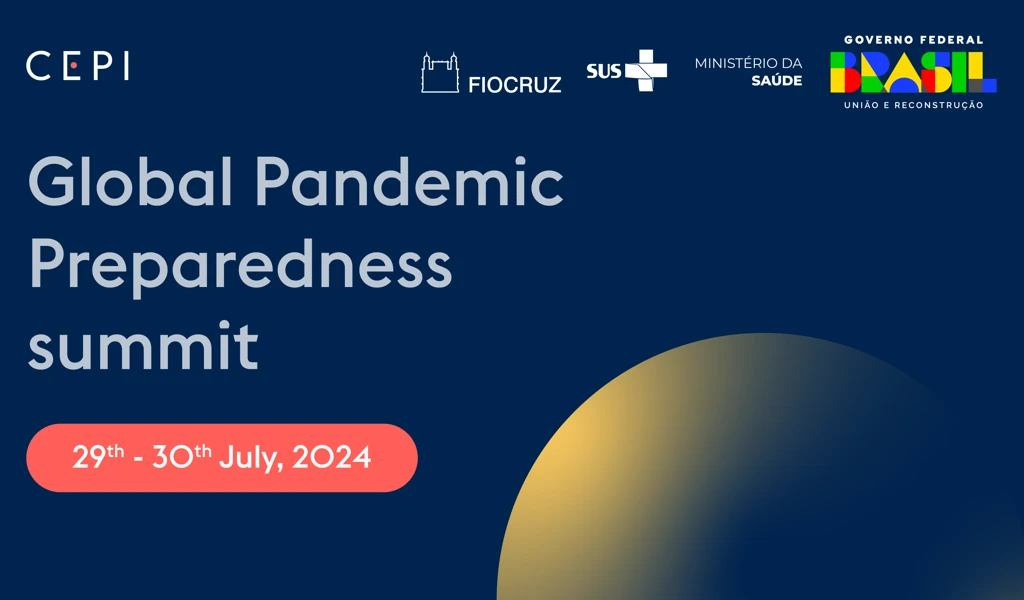Faster, more agile vaccine tech needed to fight tomorrow's epidemics

The next epidemic is coming. It's not a question of if, but when. To head off the threat posed by an unknown "Disease X"—which could be a new pathogen or a dangerous mutation of an already known disease, such as influenza—the world must harness new technologies.
That is why the Coalition for Epidemic Preparedness Innovations (CEPI) is calling for new proposals and offering more funding to companies and academic groups with promising ideas for vaccine platforms and novel manufacturing processes that can produce, at scale, candidate vaccines in a matter of weeks or months rather than years.
CEPI is also expanding the types of technology it will fund by accepting applications for technologies that may provide immunoprotective benefits, even if the products these generate aren't traditional vaccines. Gene-encoded antibodies, for example, have shown promise as a high-speed and adaptable method of generating transient protective immunity for populations at risk. We are encouraging interested parties with technologies that might help CEPI achieve our mission to speak with us before submitting a proposal.
Achieving our goals will be challenging, of course, but this is important work — not least because the endeavour shows how cutting-edge healthcare science could help advance healthcare in poor countries. After all, in an outbreak situation, it's imperative these latest technologies are made available regardless of the ability of affected countries to pay—as is the case with all CEPI vaccines.
Platform technologies can be a versatile tool to help prepare for future epidemics, which could kill millions and wreak economic chaos. Standardised platform systems allow the same basic components to be used as a backbone for producing vaccines against different pathogens. This "plug-and-play" approach is already used with influenza, where different vaccines are produced every year on an existing platform. Now the goal is to find similar approaches for novel emerging infectious diseases that could generate a product ready for clinical trials within 16 weeks of identifying a target.
With the number of emerging infectious diseases growing rapidly, the need for action is clear. Last month, the Global Preparedness Monitoring Board reported a "very real" threat of a rapidly moving, highly lethal pandemic of a respiratory disease killing 50—80 million people and wiping out nearly 5% of the world's economy.
CEPI has already committed up to $54 million to fund the development of vaccine platforms, under a programme launched in 2017. Today, we are casting the net wider by renewing the call for such technologies and making it clear we will entertain funding of relevant "vaccine-like" immunoprophylactics.
One approach involves transferring genes — effectively creating factories in our bodies to make antibodies against specific pathogens. The genes encoding these antibodies would be transferred into people's cells using a harmless viral vector, in a similar process to that used in gene therapy.
Another idea involves monoclonal antibodies (mAbs). In this case, the agent responsible for creating a protective immune response is produced outside the body and is then transferred into the person. While most mAbs are used to treat existing disease, they can also prevent infection. One such antibody, palivizumab, won U.S. approval back in 1998 to prevent respiratory syncytial virus in at-risk babies.
Gene-encoded antibodies and mAbs are just two examples of "vaccine-like" immunoprophylactic platforms that CEPI could potentially fund, as part of this call for proposals; CEPI would fund such platforms as a means of disease prevention not as therapeutics.
Overall, CEPI aims to fund multiple platform technologies through this call, including ideas to scale-up manufacturing once novel products have been developed. After all, without systems to churn out new vaccines and immunoprophylactics cheaply and quickly, all the clever science won't be able to help people on the frontline of the next epidemic. If CEPI and our partners succeed in this endeavour, we will not only equip humanity with the tools to combat Disease X, we would take one step closer to neutralising the threat of epidemics once and for all.
For more information on our call for applications, click here.


